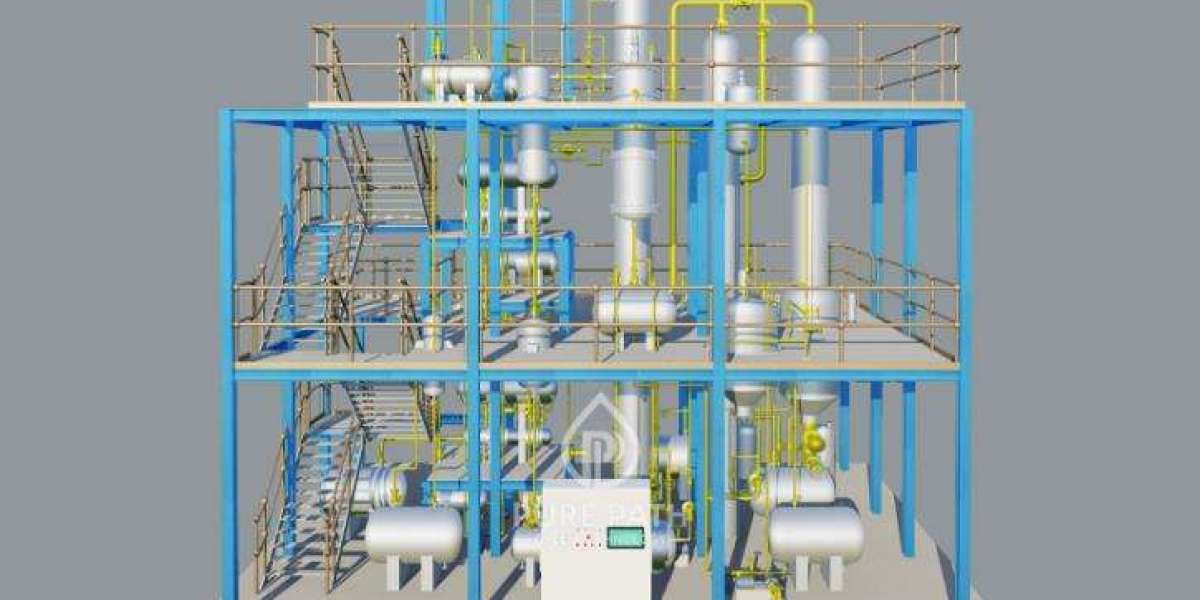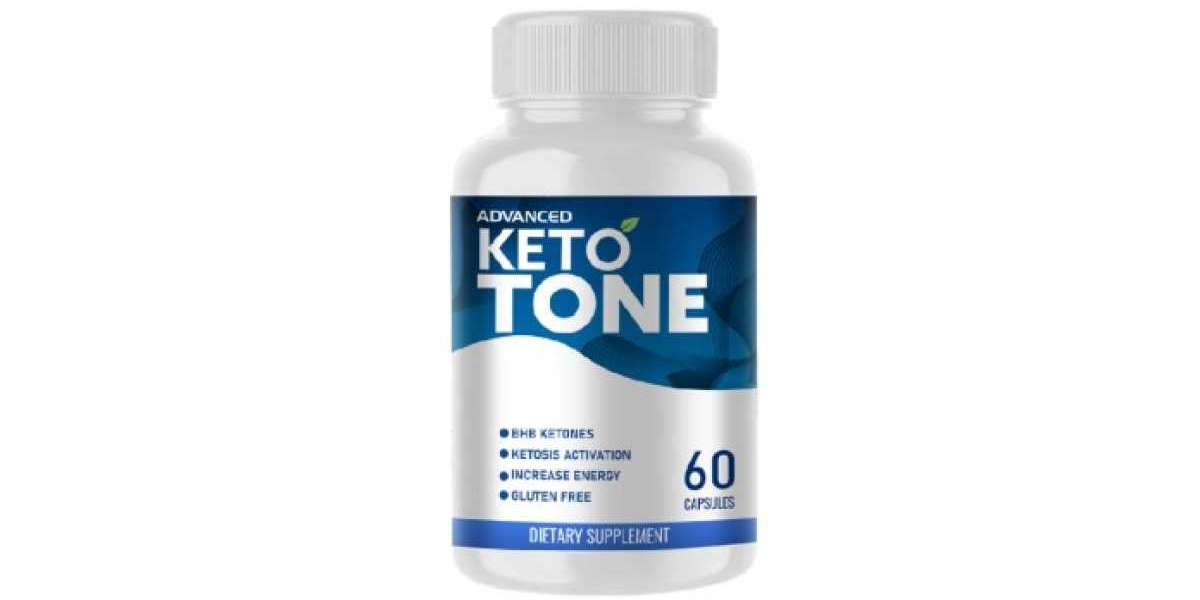Soil Contamination
Toxicity: Used motor oil is toxic to plants, microorganisms, and other soil organisms. It can inhibit plant growth, reduce soil fertility, and disrupt the delicate balance of the soil ecosystem.
Soil Pollution: When used motor oil is dumped or leaks onto the ground, it can contaminate the soil. This contamination can spread through rainwater runoff, further polluting nearby areas.
Groundwater Contamination: Contaminated soil can act as a pathway for pollutants to leach into groundwater. This can have serious consequences for drinking water supplies and ecosystems that rely on groundwater.
Water Contamination
Water Pollution: Used motor oil that enters waterways can pollute surface water bodies such as rivers, lakes, and oceans. This pollution can harm aquatic life, disrupt ecosystems, and make water unsafe for drinking and recreation.
Oil Slicks: Large spills of used motor oil can create oil slicks on water surfaces. These slicks can suffocate aquatic organisms, disrupt food chains, and damage coastal ecosystems.
Long-Term Effects: The effects of water contamination from used motor oil can be long-lasting. Pollutants can persist in the environment for many years, continuing to harm ecosystems and public health.
Prevention and Remediation
Proper Disposal: To prevent soil and water contamination, it is essential to dispose of used motor oil properly. This includes taking it to a recycling facility or a designated collection point.
Oil Change Facilities: Ensure that oil change facilities have proper containment measures to prevent spills and leaks.
Soil Remediation: If soil contamination has occurred, remediation efforts may be necessary to clean up the affected area. This can involve techniques such as soil removal, bioremediation, or chemical treatment.
Water Treatment: Contaminated water may require treatment to remove pollutants and make it safe for use. This can involve processes such as filtration, distillation, or chemical treatment.
By understanding the harmful effects of used motor oil on soil and water, we can take steps to prevent contamination and protect our environment. Proper disposal and responsible practices are essential to ensure a healthier future for our planet.








